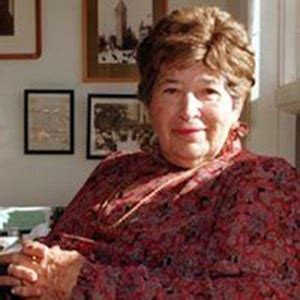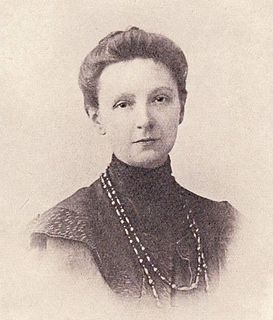A Quote by Aldous Huxley
Dying is almost the least spiritual of our acts, more strictly carnal even than the act of love. There are Death Agonies that are like the strainings of the Costive at stool.
Related Quotes
It is only when we love God and Christ with all of our hearts, souls, and minds that we are able to share this love with our neighbors through acts of kindness and service... When this pure love of Christ - or charity - envelops us, we think, feel, and act more like Heavenly Father and Jesus would think, feel, and act. Our motivation and heartfelt desire are like unto that of the Savior.
When one existentially awakens from within, the relation of birth-and-death is not seen as a sequential change from the former to the latter. Rather, living as it is, is no more than dying, and at the same time there is no living separate from dying. This means that life itself is death and death itself is life. That is, we do not shift sequentially from birth to death, but undergo living-dying in each and every moment.
To disguise nothing, to conceal nothing, to write about those things that are closest to our pain, our happiness; to write about our sexual clumsiness, the agonies of Tantalus, the depth of our discouragement-what we glimpse in our dreams-our despair. To write about the foolish agonies of anxiety, the refreshment of our strength when these are ended; to write about our painful search for self, jeopardized by a stranger in the post office, a half-seen face in a train window, to write about the continents and populations of our dreams, about love and death, good and evil, the end of the world.
Suicide is not to fear death, but yet to be afraid of life. It is a brave act of valour to contemn death; but when life is more terrible than death, it is then the truest valour to dare to live; and herein religion hath taught us a noble example, for all the valiant acts of Curtius, Scarvola, or Codrus, do not parallel or match that one of Job.
Much more than our other needs and endeavors, it is sexuality that puts us on an even footing with our kind: the more we practice it, the more we become like everyone else: it is in the performance of a reputedly bestial function that we prove our status as citizens: nothing is more public than the sexual act.
As indicated by the increase in maternal mortality in 2010, right now it's more dangerous to give birth in California than in Kuwait or Bosnia. Amnesty International reports that women in [the United States] have a higher risk of dying due to pregnancy complications than women in forty-nine other countries (black women are almost four times as likely to die as white women). The United States spends more than any other country on maternal health care, yet our risk of dying or coming close to death during pregnancy or in childbirth remains unreasonably high.
I will say broadly that I have more confidence in the spiritual life of the children that I have received into this church than I have in the, spiritual condition of the adults thus received. I will even go further than that, and say that I have usually found a clearer knowledge of the gospel and a warmer love of Christ in the child-converts than in the man-converts. I will even astonish you still more by saying that I have sometimes met with a deeper spiritual experience in children of ten and twelve than I have in certain persons of fifty and sixty.
The way we deny death says something about how we live our lives, doesn't it? At least in Sweden or Scandinavia, you don't have to search further back in time than maybe three generations to find another way to relate to death. People then had a different, closer relationship with death; at least it was like that in the countryside.
There is nothing so great or ideally beautiful as the action of God in the human soul. If we knew how to discern it in ourselves, our lives would be transformed. If we could see it in others we would love even more him who is always in our midst, who acts in us, and who works marvels - these spiritual renewals that we shall understand only in eternity.






































